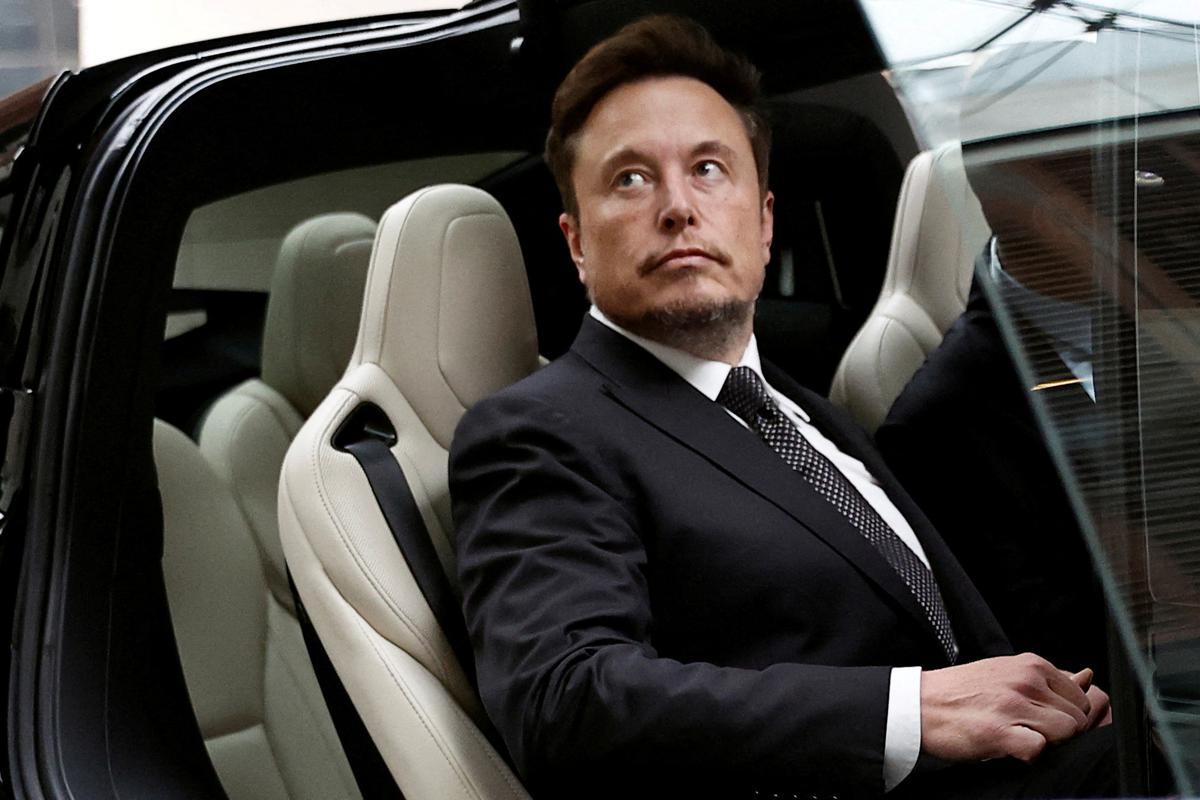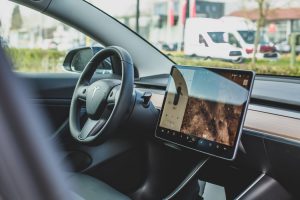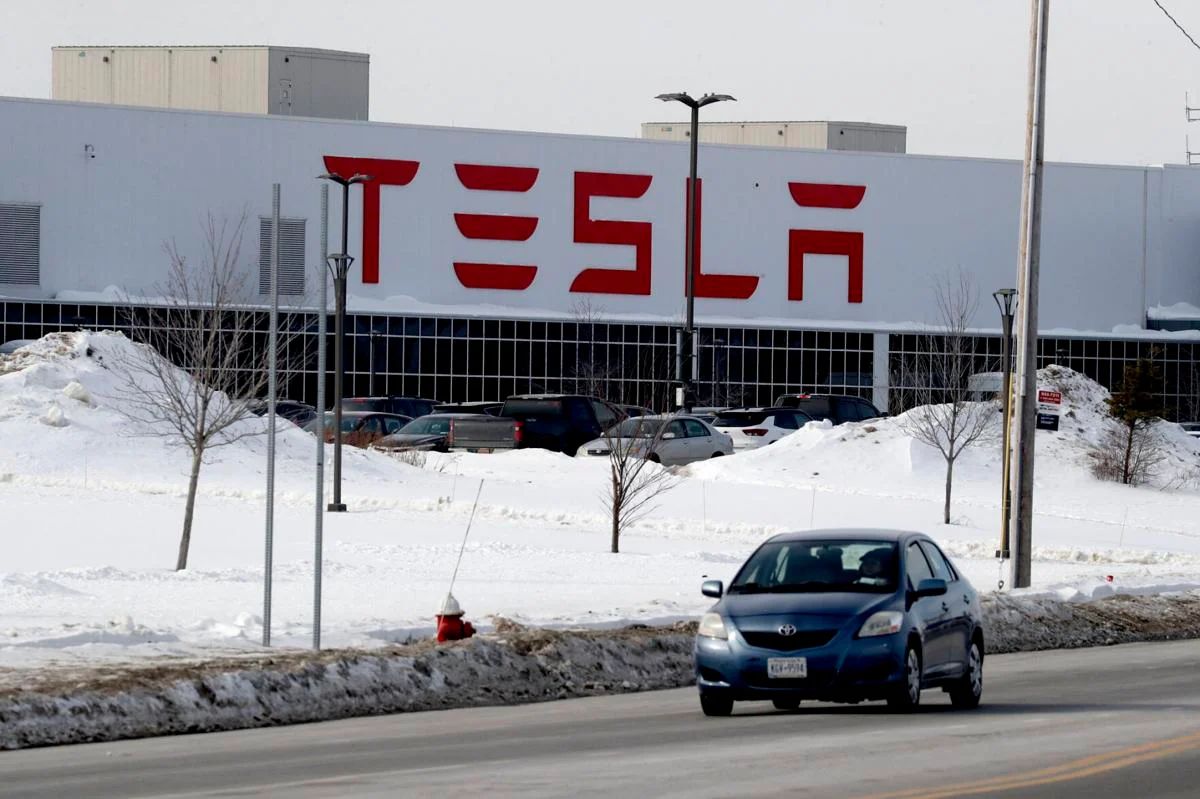A recent ruling by a Florida judge has revealed that Tesla and its officers, including CEO Elon Musk, were aware of the defective Autopilot systems in their vehicles, yet still allowed them to be driven in areas deemed unsafe for such technology. The judge’s decision means that the family of a man who died in a collision while his Tesla’s Autopilot was engaged can seek punitive damages from Tesla for intentional misconduct and gross negligence.
Key Takeaway
A Florida judge ruled that Tesla and Elon Musk knew about the defective Autopilot system in their vehicles but allowed them to be driven in areas not suitable for such technology. The ruling paves the way for the deceased driver’s family to seek punitive damages based on intentional misconduct and gross negligence. This judgment poses a significant challenge to Tesla, as it follows two previous product liability victories in California related to its Autopilot system. The upcoming trial may shed light on previously undisclosed data collected by Tesla and potentially lead to Elon Musk’s testimony.
Tesla’s Autopilot System Under Scrutiny
The ruling has dealt a blow to Tesla, which had previously won two product liability cases in California this year concerning the safety of its Autopilot system. Autopilot is Tesla’s advanced driver assistance system that can perform automated driving tasks such as navigating highways, cruise control, lane changes, and automatic parking.
The Florida Lawsuit and the Fatal Crash
The case in Florida revolves around a 2019 crash north of Miami where a Tesla Model 3, driven by Stephen Banner, drove under the trailer of an 18-wheeler truck that had turned onto the road. The impact resulted in the Tesla’s roof being sheared off and Banner’s unfortunate death. The trial, originally scheduled for October, has been postponed and awaits a new date.
Tesla’s Knowledge of Defects and Musk’s Potential Testimony
The judge’s finding that Tesla’s managers were aware of the defects raises the possibility that Elon Musk may have to testify during the trial. The judge noted that Tesla’s marketing strategy portrayed their products as autonomous, and Musk’s public statements about Autopilot significantly affected people’s belief in the system’s capabilities. In particular, the judge referred to a misleading 2016 video, overseen by Musk, that falsely demonstrated a Tesla being driven autonomously by the Autopilot system.
Engineer Testimony and Failure to Remedy the Problem
Engineer Adam Gustafsson, who investigated both Banner’s crash and a similar fatal crash in 2016, testified that Autopilot failed to detect the semitractor in both cases, leading to the accidents. Gustafsson further revealed that despite Tesla’s awareness of the issue, no changes were made to the cross traffic detection warning system between the two crashes. The judge concluded that Musk, who played a significant role in Autopilot’s development, was aware of the problem yet failed to address it.
Tesla may continue to argue that the crash was due to human error, as it has done in the past. The National Transportation Safety Board’s investigation revealed that both the truck driver failed to yield the right of way and the Tesla driver was inattentive due to over-reliance on Autopilot. However, the NTSB also found that Autopilot failed to provide a visual or audible warning to the driver to return his hands to the wheel. Meanwhile, Tesla’s lawyers may draw on the success of two previous cases this year where the automaker prevailed against allegations of Autopilot-related incidents.
The case, currently being tried in the Circuit Court for Palm Beach County, Florida, bears the number 50-2019-CA-009962.

























